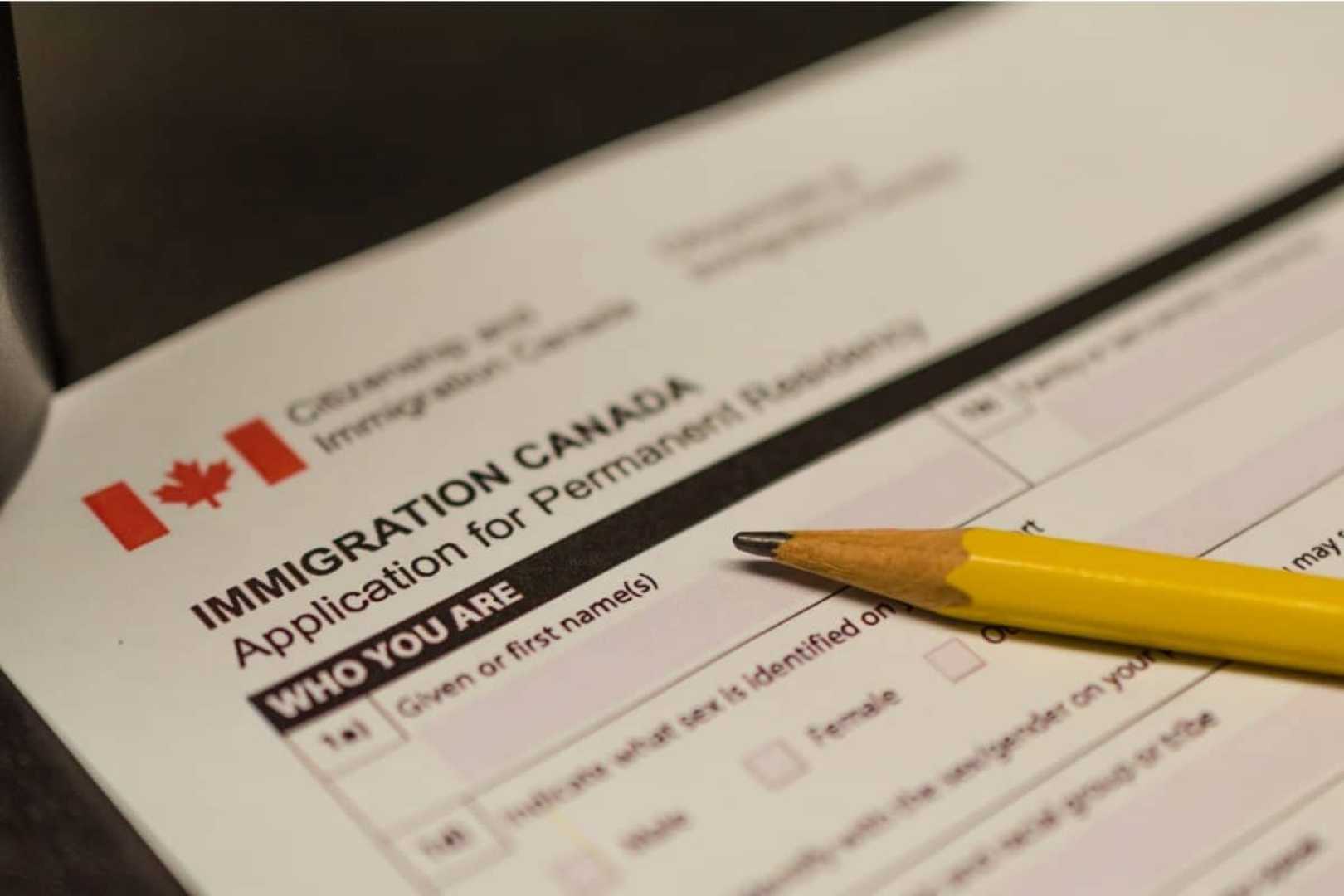News
IRCC Application Backlog Surpasses One Million for First Time in Months

The Immigration, Refugees and Citizenship Canada (IRCC) has reported an application backlog exceeding one million, as of July 31, 2024. This marks the first time in several months that such a high backlog has been recorded. Out of 2,364,700 total applications in the department’s inventory, 1,002,400 are currently classified as backlog.
According to the IRCC, backlog applications are those not processed within the department’s published service standards. These standards define the timeframes considered reasonable for processing various types of applications. While some applications, like one type, have a six-month service standard, others may have a 12-month timeline.
As of the latest update, IRCC is handling 1,362,000 applications within the existing standards. Nonetheless, the figures indicate a noticeable growth in both total inventory—up by 90,100 applications—and backlog, which has increased by nearly 100,000 applications. The IRCC aims to process 80% of applications within service standards, with the remaining 20% deemed more complex.
Focusing on permanent residence applications, the department had 766,200 applications within this category, including those in Express Entry programs and other related streams. Of these, 467,200 are processed timely, while the remaining 299,000 fall into the backlog. Specifically, 17% of Express Entry applications are backlogged, slightly above the projected goal for July 2024. Similarly, the backlog for Provincial Nominee Program applications is 23%, and family sponsorship applications stand at 14%.
In contrast, temporary resident permit applications show a more pronounced backlog, with 49% falling outside the service standards. Work and study permits, along with visitor visas, contribute significantly to this backlog. For instance, 64% of applications for a certain temporary permit are part of the backlog, alongside 24% for another type and 43% for a third.
The IRCC also received an Access to Information request earlier this year, revealing several factors contributing to the backlog, including global crises and staff shortages. To address these issues, the department has prioritized applications from essential workers and extended post-graduation work permits for specific graduates.
Looking towards the future, IRCC has announced plans to introduce new strategies to reduce backlogs and increase processing efficiency. This includes adding temporary resident targets to upcoming plans to be released later this year.












